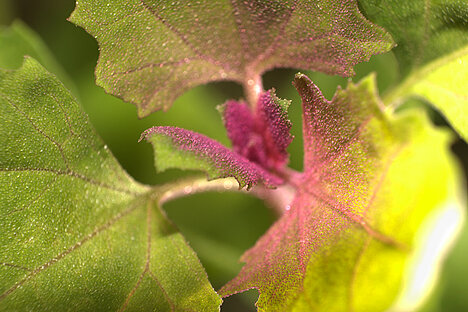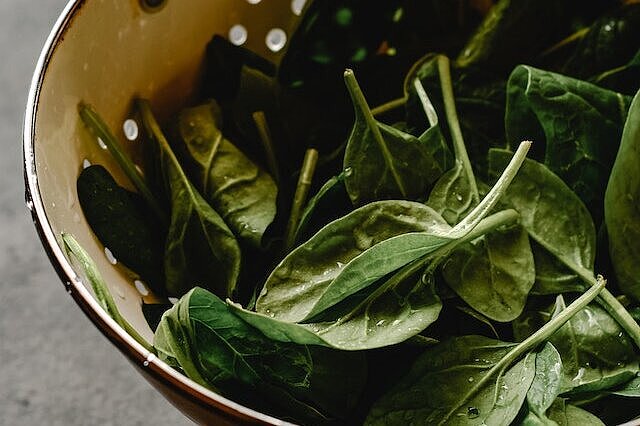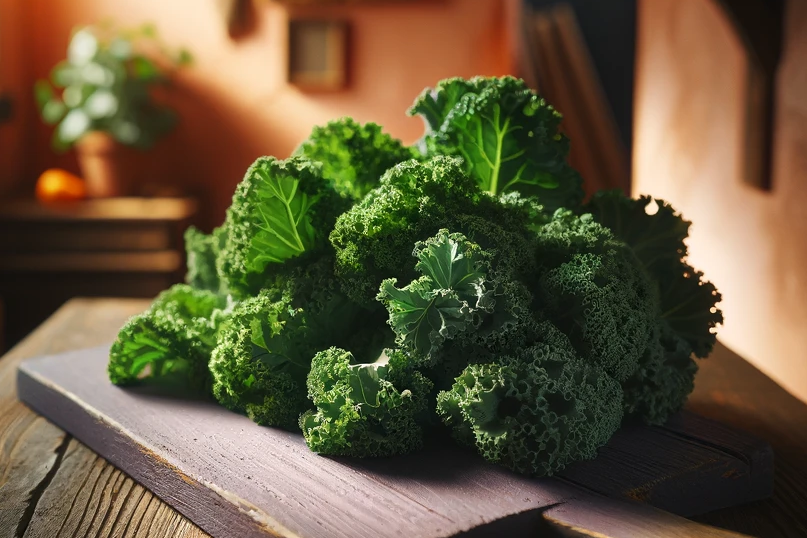Garden report

Garden milkweed is a green leafy vegetable that is often considered a weed. But did you know that it can also be healthy and tasty for your dog? In this article, you'll find out more about garden greens, their advantages and disadvantages for dogs and how you can use them in the kitchen.
What is garden milkweed?
The garden milkweed (Atriplex hortensis) belongs to the foxtail family and is related to spinach. It grows in gardens, fields and along roadsides and has broad, toothed leaves and small green or reddish flowers. It has been cultivated and eaten as a vegetable since ancient times, but has fallen into oblivion in recent centuries. Yet it has many health benefits for both humans and dogs.
What are the benefits of garden milkweed for dogs?
Garden milkweed is rich in vitamins (especially vitamins A, C and K), minerals (such as iron, calcium and magnesium) and fiber. It has an anti-inflammatory, blood-purifying and digestive effect. It can help with skin problems, gastrointestinal complaints and anemia. It also tastes good to many dogs and can add variety to their diet.
How do I prepare garden greens for my dog?
You can give your dog raw or cooked garden chard. However, you should make sure that you only use young and fresh leaves that have not been sprayed or fertilized. You should also wash the leaves thoroughly and cut them into small pieces. You can serve garden greens as a side dish with meat or fish or mix them with other vegetables. You can also make a smoothie out of garden chard, water and some fruit (e.g. banana or apple) and offer it to your dog as a refreshment.
What are the disadvantages of garden milk for dogs?
Garden milk has no serious disadvantages for dogs as long as you feed it in moderation. However, as with any new food, you should pay attention to how your dog reacts to it and whether he can tolerate it. Some dogs can react sensitively to garden food and develop diarrhea or vomiting. In this case, you should stop feeding your dog immediately. It should also be noted that garden pennywort has a high oxalic acid content, which can lead to kidney stones if consumed in excess. For this reason, garden milk should not be fed daily and should always be offered with sufficient water.
Garden milkweed is an underestimated plant with many benefits for your dog. It is healthy, tasty and easy to find. You can give it to your dog raw or cooked or make a smoothie from it. However, you should always pay attention to the quality of the leaves, wash them well and cut them into small pieces. In addition, you should only feed your dog garden milkweed in moderation and watch out for possible side effects.
If you notice any signs of hypersensitivity or poisoning in your dog, you should see your vet immediately. We are not a substitute for a vet, but we try to be as accurate as possible. Every dog reacts differently and we recommend you get a second opinion or consult your vet if in doubt.
Stay healthy and take good care of your four-legged friend!😊
Similar to Garden report
Spinach is a plant from the goosefoot family that originally comes from Asia. It has been cultivated and eaten as a vegetable for centuries. Spinach has large, dark green leaves that are rich in...
Swiss chard is a plant that originally comes from the Mediterranean region. It has been used as a food and medicinal plant since ancient times. Swiss chard has large, dark green leaves and thick...
Purslane is a plant from the purslane family that originally comes from Asia. It is also known as postelein or winter purslane and often grows wild along roadsides or in fields. Its stems and leaves...
Kale belongs to the cruciferous family and is closely related to broccoli, cauliflower and kohlrabi. It has large, curly leaves that can be green or purple, depending on the variety. Kale is mainly...



